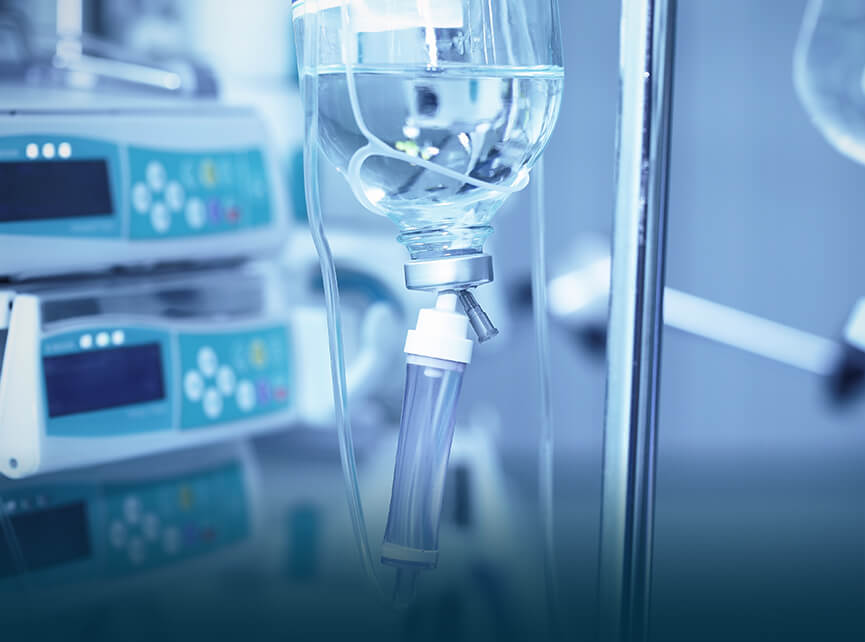Indira Super-Speciality Hospital, Vellore, Tamil Nadu: Best in Critical Care ICU
Introduction
Indira Super-Speciality Hospital in Vellore, Tamil Nadu, stands as a beacon of excellence in critical care. The special department of a hospital undertakes various responsibilities. hospital’s ICU care units cater to patients needing emergency care., the special department of a hospital, care units cater to patients. (Intensive Care Unit) is renowned for providing top-notch emergency and critical care services in a care facility that provides intensive support. This article explores the exceptional facilities and expert medical care offered at Indira Super-Speciality Hospital, making it a crucial read for anyone seeking comprehensive insights into critical care medicine.
What is Critical Care?
Critical care involves the management of life-threatening conditions requiring complex and intensive treatments. It is provided in a critical care unit (CCU) where patients receive constant monitoring and support from specialized healthcare professionals.
Critical care is essential for patients with severe illnesses and injuries. At Indira Super-Speciality Hospital, the critical care team is equipped to handle a wide range of medical emergencies.
Understanding the ICU
The ICU at Indira Super-Speciality Hospital is a dedicated unit for patients requiring intensive medical care. The intensive care unit caters to critically ill patients who need continuous monitoring and advanced medical resources.
The ICU at Indira Hospital is equipped with state-of-the-art facilities and staffed by highly trained healthcare professionals. This ensures that patients receive the best possible care and treatment during their critical phase.
Emergency Medicine at Indira Hospital
Emergency medicine at Indira Super-Speciality Hospital plays a vital role in managing acute medical emergencies and providing care for critically ill patients. The emergency department is designed to provide immediate care to patients with life-threatening conditions.
Patients are quickly assessed and stabilized in the emergency department before being transferred to the ICU if needed. This seamless transition ensures that patients receive timely and appropriate care.
Critical Care Medicine Explained
Critical care medicine focuses on diagnosing and treating critically ill patients. It encompasses various medical specialties, including emergency medicine, general surgery, and pediatric critical care.
The critical care team at Indira Hospital includes experts in these fields who work together to provide comprehensive care to patients. This multidisciplinary approach ensures that all aspects of a patient’s condition are addressed.
Why Choose Indira Super-Speciality Hospital?
Indira Super-Speciality Hospital in Vellore, Tamil Nadu, is known for its excellence in emergency care. critical care. The hospital offers:
- Top-notch ICU facilities: Equipped with advanced medical resources.
- Highly trained staff: Experts in critical care medicine.
- Comprehensive patient care: From emergency medicine to specialized treatments.
Choosing Indira Hospital means access to the best critical care services in Vellore and emergency care for critically ill patients.
Facilities in the ICU
The ICU at Indira Super-Speciality Hospital is equipped with:
- Advanced medical resources: Including ventilators, cardiac monitors, and infusion pumps.
- Specialized equipment: Such as CRRT (Continuous Renal Replacement Therapy) machines for kidney support.
- State-of-the-art monitoring systems: Ensuring constant vigilance and prompt intervention.
These facilities enable the ICU to provide high-quality care to critically ill patients.
Role of Healthcare Professionals
Healthcare professionals in the ICU play a crucial role in patient care. The team includes experts in neonatal care, asthma treatment, and managing critically ill patients.
- Doctors and nurses: Specializing in critical care medicine and care for critically ill patients.
- Respiratory therapists: Managing ventilator support and respiratory care.
- Support staff: Ensuring the smooth operation of the ICU.
The expertise and dedication of these professionals are vital in delivering effective critical care.
Common Conditions Treated in the ICU
The ICU at Indira Super-Speciality Hospital treats a variety of severe conditions, including:
- Septic shock: A life-threatening infection causing organ failure.
- Diabetic ketoacidosis: A serious diabetes complication.
- Acute respiratory distress syndrome (ARDS): Severe lung damage requiring mechanical ventilation.
These conditions require intensive monitoring and treatment, making the ICU an essential part of the hospital.
Patient Care and Monitoring
Patient care in the ICU involves close monitoring and timely interventions. Key aspects include: care for critically ill patients and emergency care.
- Continuous vital sign monitoring: Using advanced medical equipment in the special department of a hospital.
- Personalized treatment plans: Tailored to each patient’s condition.
- Multidisciplinary approach: Involving various specialists for comprehensive care.
This approach ensures that critically ill patients receive the best possible care and support at the care facility that provides intensive services.
Frequently Asked Questions
What is the role of the ICU in a hospital?
The ICU provides intensive care and monitoring for critically ill patients. It is staffed by specialized healthcare professionals and equipped with advanced medical resources.
How is critical care different from emergency medicine?
Critical care involves long-term management of severe conditions, while emergency medicine focuses on immediate stabilization and treatment of acute emergencies.
What types of conditions are treated in the ICU?
Common conditions treated in the ICU include septic shock, diabetic ketoacidosis, acute respiratory distress syndrome (ARDS), and asthma.
Summary
- Critical care at Indira Super-Speciality Hospital in Vellore offers top-notch ICU facilities.
- The ICU provides intensive monitoring and treatment for critically ill patients.
- Emergency medicine at Indira Hospital ensures timely stabilization of acute medical emergencies.
- The critical care team includes experts in various medical specialties, ensuring comprehensive patient care.
- Advanced medical resources and specialized equipment in the ICU support effective treatment.
- Healthcare professionals in the ICU play a vital role in delivering high-quality care.
- Common conditions treated in the ICU include septic shock, diabetic ketoacidosis, and ARDS.
Choosing Indira Super-Speciality Hospital for critical care means accessing the best medical facilities and expert care in Vellore, Tamil Nadu.


